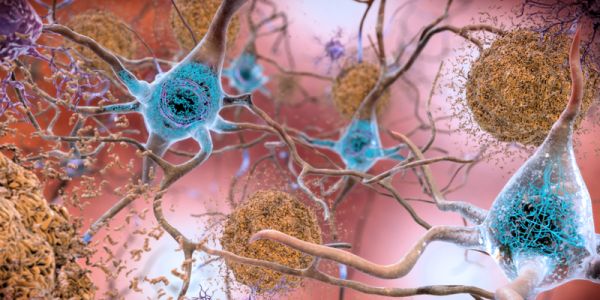
Boosting health technology innovation
More than three million citizens across the Leeds City Region are set to benefit as senior leaders from the healthtech industry - including the University of Leeds - announce a new partnership.

More than three million citizens across the Leeds City Region are set to benefit as senior leaders from the healthtech industry - including the University of Leeds - announce a new partnership.

'Tickling' the ear with a small electrical current appears to rebalance the autonomic nervous system for over-55s, potentially slowing down one of the effects of ageing, according to new research.

A nutritional survey of baby food on sale in Europe has shown that a significant number of products contain high sugar levels that contradict World Health Organisation (WHO) recommendations.

Engineers have shown it is technically possible to guide a tiny robotic capsule inside the colon to take micro-ultrasound images.

There was a sense of déjà vu when the Duke of Kent visited the Worsley Building, 40 years after he opened the building in 1979.

Researchers at the University of Leeds are developing a cheaper and safer way of making the polio vaccine.

A groundbreaking collaboration of health, care and university partners across the city of Leeds is helping to enhance the local workforce.

Scientists are attempting to tackle a virus that causes Kaposi’s sarcoma, a skin cancer that is common amongst those with HIV.

Engineers have developed a prototype endoscope which they say could cut the cost of manufacture from £80,000 to just £40.

A protein complex has been shown to play a key role in preventing the build-up of toxic plaques in the brain linked to neurodegenerative disorders such as Alzheimer’s and Huntington’s disease.